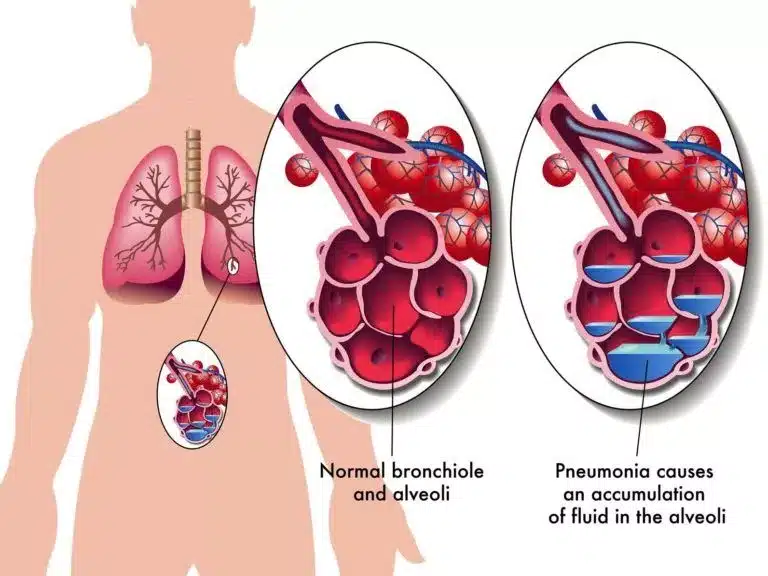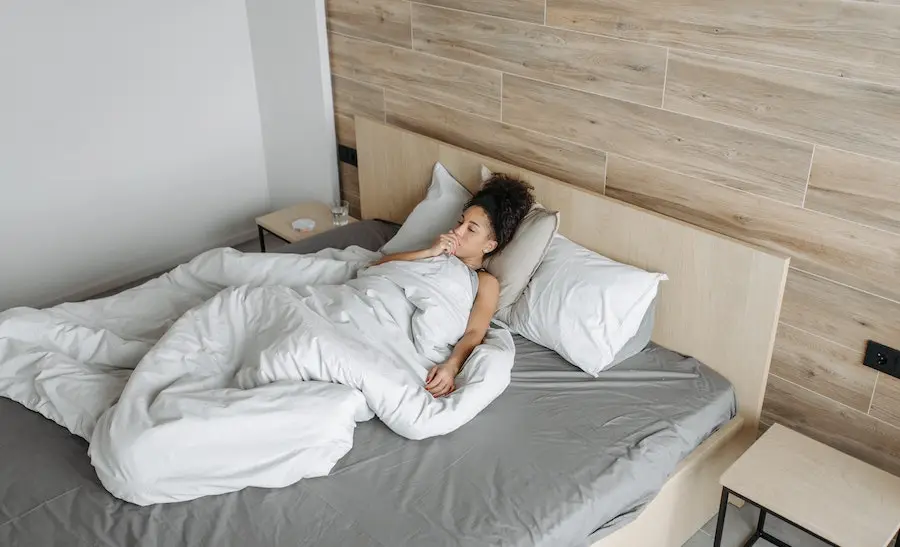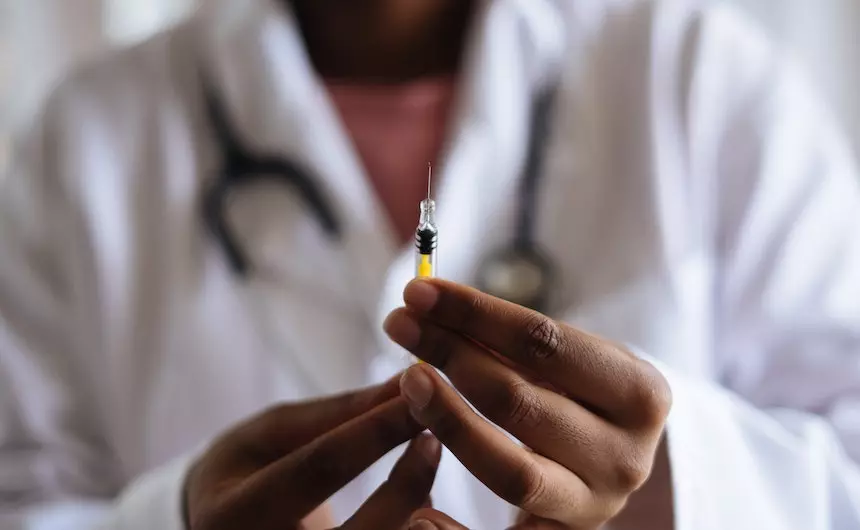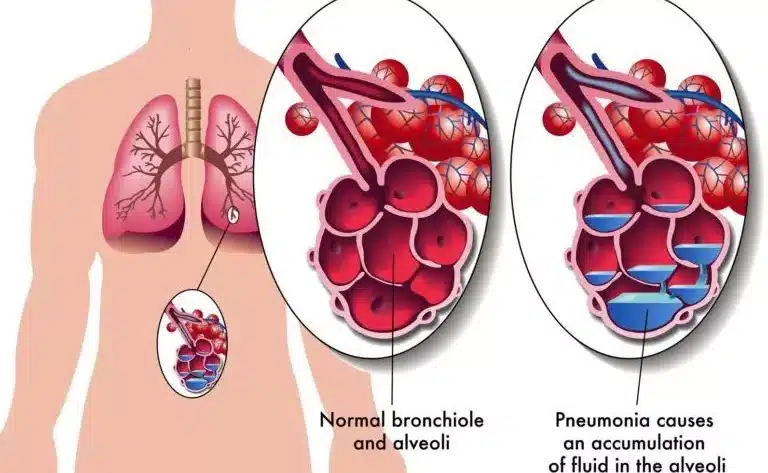What is Pneumonia?
Contents
Pneumonia is a disease, that particularly affects our respiratory system.
Inflammation in our lung’s air sac area is called Alveoli, and leads to make fluid in our alveoli, due to this there is a problem in breathing, and this condition is called pneumonia.
It was the second-highest number of deaths among children under the age of 5 in India in 2018.
It affects approximately 450 million people worldwide. but we listen also walking pneumonia what is it?

What Is Walking Pneumonia?
Walking Pneumonia is a mild version of pneumonia that is not serious enough that cause you hospitalize.
Many people even don’t know that they have a walking type. its symptoms are mostly the same as pneumonia. which include:
- Lite fever
- dry cough
- Chills
- Reduction in appetite
- Shortness in breath
- Chest pain
- Headache
It is contagious and can last up to weeks, it can spread from one affected person to other people through coughing or sneezing.
What Is the Fluid deposited In The Alveoli Made of?
Fluid fills in our air sacs which causes this illness. and this fluid or pus forms as a result of macrophages, protein, bacteria & blood cell accumulation.
Types of Pneumonia
The doctor explains the type based on how or where you got the infection.
Community-acquired: which you get from the outside like medical shops and the community. this is not that harmful. it can cure by antibiotics.
Hospital-acquired: When you get this disease from the hospital area or stay in a hospital. This is more harmful because in hospitals bacteria are resistant to antibiotics.
Aspiration Pneumonia: This happens when you inhale food, drink, and saliva, and it builds fluid in the alveoli. It is not contagious.
Reasons of pneumonia
Several types of Micrograism cause pneumonia which include:
Bacteria
There are about 30 types of bacteria, which cause this illness include – Streptococcus is the most common type of bacteria.
It is gram-positive and is capsulated, which means – a layer of a capsule over it, which gives it protection from causing infection.
Viruses
There are many types of viruses, but here are some common types that cause this disease are:
- Rhinoviruses
- Coronaviruses
- Influenza
- RSV (Respiratory syncytial virus) is commonly found in infants and children (under 1-year children)
Fungi
Bird droppings and soil can cause fungi pneumonia. and this is most often in those people whose immune system is weak.
- Pneumocystis
- Jiroveci
- Aspergillus
- Candida
This is the most common type of fungi.
Parasites
It is a rare cause of pneumonia, occurring in those people who have weak immune systems.
- Toxoplasma
- Gondi
- Stercoralis
Signs and Symptoms

Its symptoms can be mild to serious which include:
- Chest pain when you breathe or cough
- Fatigue
- Cough may produce phlegm
- Fever
- Sweating, and chills
- Shortness of breath
- Headache
- unspecific Weight loss due to night sweating
Older people’s symptoms are:
- Confusion
- Chills
- Headache
Symptoms in under 5 years children are:
- Fast breathing
- Fever
- Cough
- Cry more than normal
Lack of energy, trouble drinking, and difficulties in eating may be seen in under 1-year children.
Covid-19 and Pneumonia
Covid-19 has mild to moderate symptoms like fever, cough, and shortness of breath.
But if someone has a new COVID, there is more chance of pneumonia in both lungs. But how?
Learn more about – Coronavirus
If someone develops these illnesses from a covid-19 infection, they may notice a few symptoms including:
- Rapid heartbeat
- Sweating
- Shortness of breath
- Dizziness
- Rapid breathing
Pneumonia and TB Relation
One study found that Tuberculosis is a common cause of pneumonia under unusual extreme conditions.
How does TB relate to this illness? because both are respiratory system disease that primarily affects our lungs.
Is It contagious (spread)?
It is contagious but not all pneumonia is contagious. what type of pneumonia do you have, that tells whether it will spread or not.
NOTE: It can be viral and bacterial, which may spread from one person to another person through a sneeze, cough, and air droplets.
NOTE: There is also a fungal type that can spread from the environment to the person, but not spread from person to person.
This disease can catch anyone but not everyone, but certain people are more at risk of are:
- Toddlers, and babies
- Elderly people, especially older than 65 years.
- Those who has a weak immune system
- Pregnant women
- People with lung issues are at high risk of pneumonia.
NOTE: However, not everyone gets pneumonia due to exposure to the same type of infection.
Who Are More Chance To Getting It?
The thing to remember is that pneumonia is more in those whose immune system is weak.
- Age – Age: 65 older people and less than 2-year children are more at risk of this disease.
- Smoking
- Chronic lung diseases like COPD (Chronic obstructive pulmonary disease) make a person weak so pneumonia microorganisms can easily disease cause.
- Chronic illnesses like Heart disease, and Diabetes
- Weak immune system
- During pregnancy
- Recently receptor systems such as cold, and flu
- Hospitalization
- People who drink an excessive amount of alcohol and smoke certain types of drugs.
Available Treatments

Pneumonia is treated depending on its type or how severe it is. and community-acquired type generally can be treated at home with medication.
Antibiotics For Bacterial Pneumonia
If you have pneumonia caused by bacteria, then bacterial antibiotics are given. Also used to treat walking pneumonia caused by Mycoplasma pneumonia.
Macrolide antibiotics are the popular and best treatment for children and the elderly.
Antiviral For Viral
For viral, there are several antiviral drugs which can reduce the severity and length of illness.
However, many cases of viral pneumonia are cured at home with proper care.
Antifungal for Fungal
Antifungal medicine is used to fight fungal pneumonia.
OTC (Over-the-counter) medication
The doctor may also recommend OTC medication, which means – that type of medicine that can reduce fever, pain, etc. which includes:
- Tylenol
- Ibuprofen
- Naproxen
- Aspirin helps to bring down your fever and ease any pain you may have.
In severe cases, hospitalization may also be required.
Recovery From Pneumonia
Everyone takes a different amount of time to recover from this, some people start to feel better within 1 week and some may take up to 1 month or longer.
You may feel tired for weeks or months, after even recovering from it.
As long as you are recovering from it, you will make sure that no infection can spread from you to other people.
Prevention From It?
Here is some prevention from it:
- Practice good hygiene
- Regular exercise
- Get vaccinated
- Don’t smoke
- Regularly wash your hand, just like in Covid
- Isolate pneumonia patients
- Proper disposal of patients’ sputum
- Strengthen your immunity
Vaccination
The first option to prevent pneumonia is vaccination. there is a vaccine available in India are:
PCV: Pneumococcal conjugate vaccine protects an person against more than 2/3 of all the disease-causing strains.
Regarding PCV, the government of India aims that in the coming time, millions of children across the country get PCV vaccination.
Pneumonia During Pregnancy
Pneumonia that occurs during pregnancy is called maternal pneumonia.
Pregnant women are more at risk because the body puts lots of energy into growing the baby which suppresses the Immune system.
Also growing the baby and uterus decreases the pregnant lady’s lung capacity, which puts more pressure on lung function.
In severe cases, this disease during pregnancy can cause:
- Low birth weight
- Premature birth
However, asthma and anemia can also enhance the risk of contracting pneumonia during pregnancy.
NOTE: During pregnancy, it can be easily cured with proper medical treatment.
But if you are pregnant, then talk to the doctor and every month take your proper check-up.





I precisely wanted to thank you so much again. I’m not certain the things I would have sorted out in the absence of the pointers discussed by you concerning such problem. It seemed to be a real depressing issue for me, however , being able to see this specialised form you dealt with that made me to jump for fulfillment. I am grateful for this work and then pray you know what a powerful job you’re accomplishing teaching many people using your websites. I know that you haven’t encountered all of us.
My partner and I stumbled over here from a different web page and thought I might check things out. I like what I see so i am just following you. Look forward to looking over your web page again.
of course like your website but you have to check the spelling on quite a few of your posts. A number of them are rife with spelling problems and I find it very bothersome to tell the truth nevertheless I抣l definitely come back again.
You need to participate in a contest for top-of-the-line blogs on the web. I’ll advocate this web site!
Thank u.. that you check my site please share my site with others, and please read other posts which are really nailing.
I would also love to add when you do not surely have an insurance policy or perhaps you do not form part of any group insurance, you might well benefit from seeking aid from a health insurance agent. Self-employed or people who have medical conditions normally seek the help of any health insurance agent. Thanks for your post.
Thank u.. that you check my site please share my site with others, and please read other posts which are really nailing.